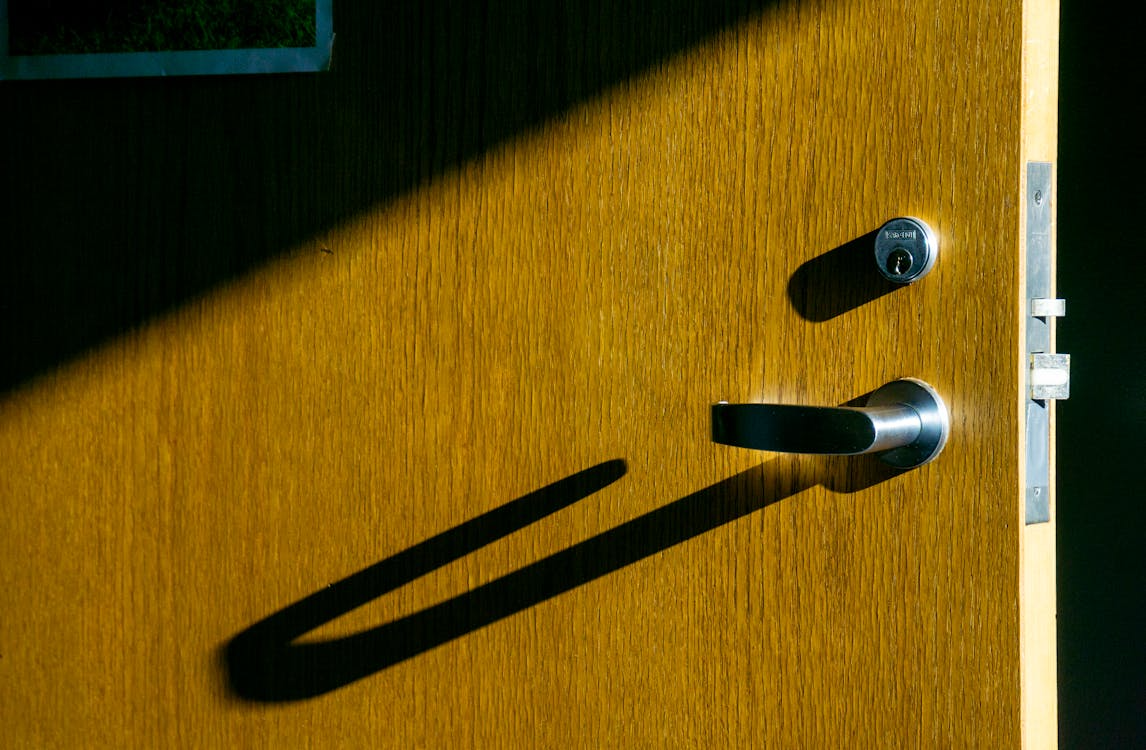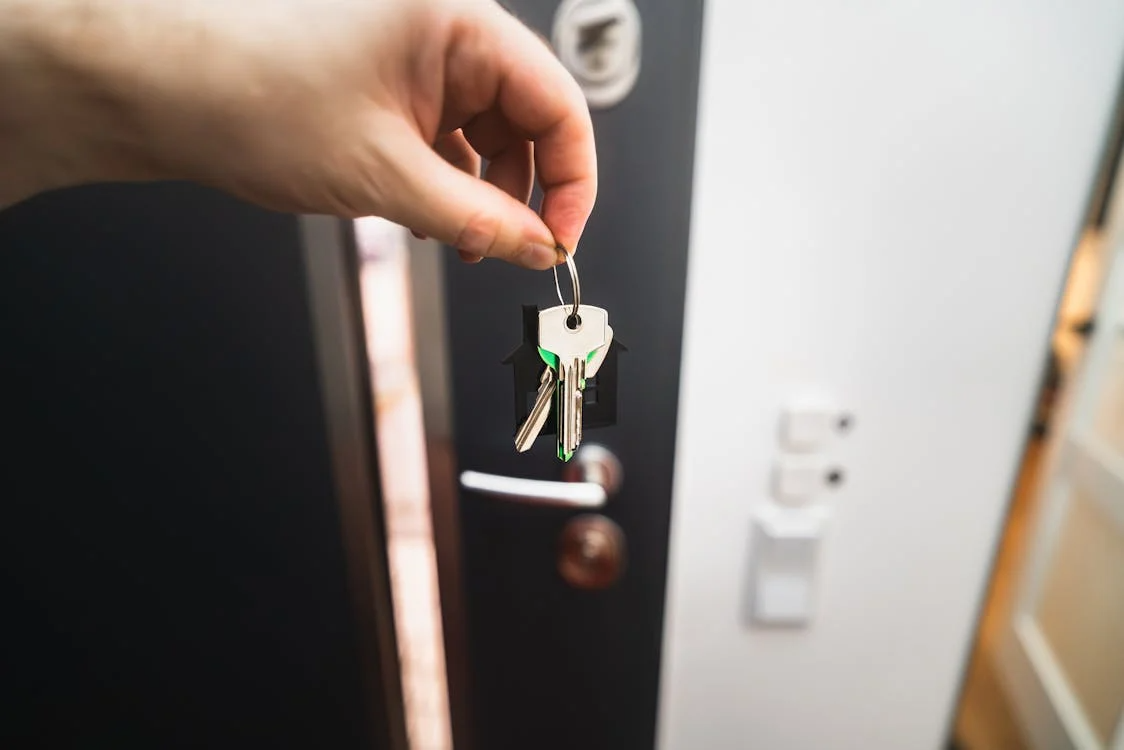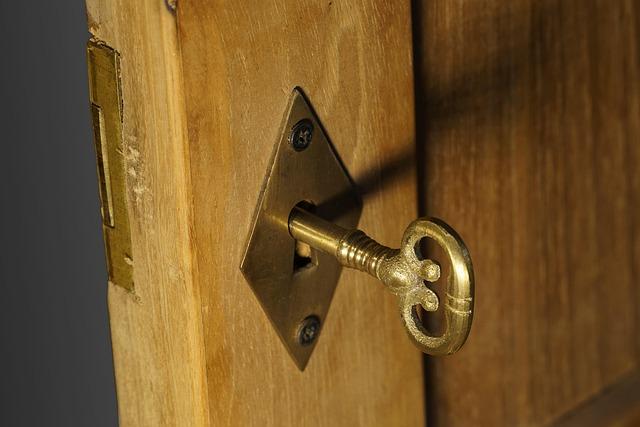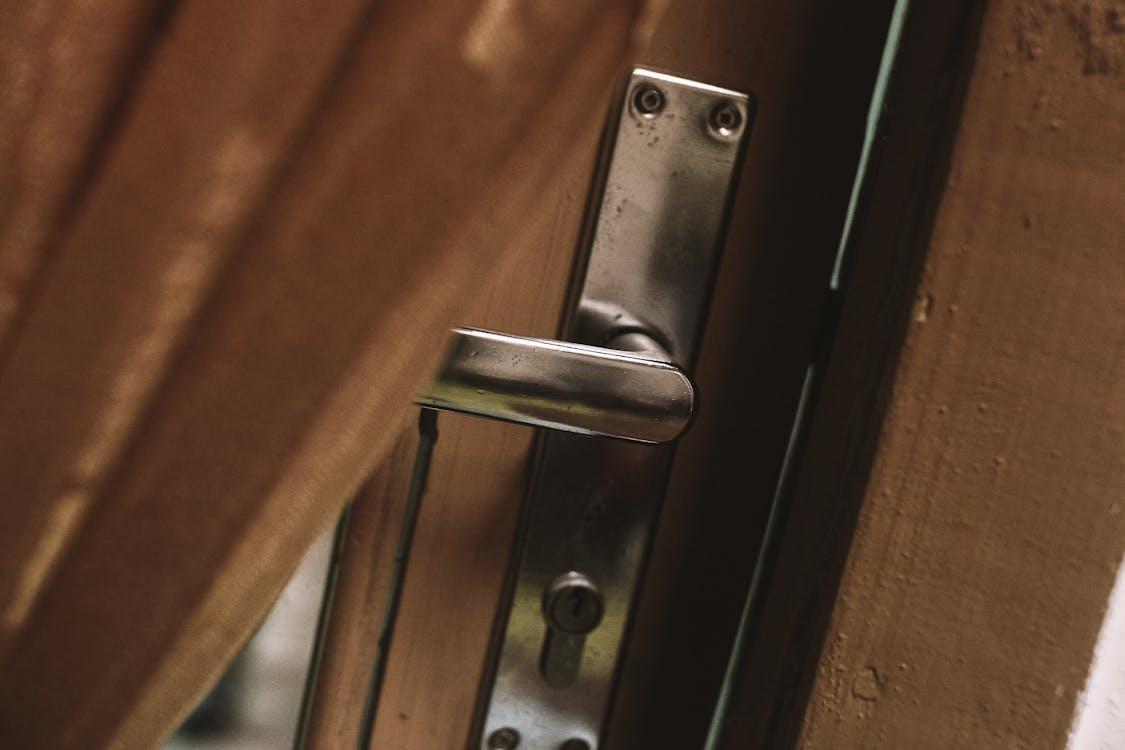When a roommate moves out, it’s easy to focus on the practical stuff—splitting the final bills, divvying up furniture, and maybe even celebrating a fresh chapter of independence. But in the excitement or relief of the transition, one major task often gets overlooked: rekeying your locks.
Even if your former roommate handed over their key and the move-out was entirely drama-free, your home’s security may still be at risk. Rekeying after a roommate moves out is one of the simplest, most affordable ways to protect your space, your belongings, and your peace of mind.
| What Does It Mean to Rekey a Lock? Rekeying is a process where a locksmith adjusts the internal components of your existing lock so that it works with a new key. You don’t need to change the entire lock mechanism—just the pins inside the cylinder. Once rekeyed, the old key no longer works, and only the new one can unlock the door. It’s fast, cost-effective, and provides immediate protection—especially important if multiple people have had access to the property. |
Why You Should Rekey When a Roommate Moves Out
Even if your ex-roommate returned their key, there’s no way to know how many copies were made—or who might still have them. Here are the top reasons rekeying after a roommate moves out should be a priority:
Here’s why rekeying after a roommate moves out should be a top priority:
1. You Don’t Know Who Has a Copy
Your roommate may have given a key to a partner, a friend, a pet sitter, or even a delivery service. While that may have made sense at the time, you now have people with access to your home whom you never personally vetted—and who have no reason to return those keys.
2. Peace of Mind Matters
It’s hard to feel truly at ease knowing someone else still has access to your space. Rekeying restores your sense of control. You’ll sleep better knowing exactly who can and can’t enter your home.
3. It’s Quick and Affordable
Many people assume changing locks is expensive or time-consuming. But rekeying isn’t the same as replacing your locks. A professional locksmith can simply adjust the internal pins of your existing lock to match a new key—often in less than an hour.

When to Rekey (and When to Replace)
While rekeying is usually sufficient, there are cases where replacing the lock entirely is the better move. Consider full lock replacement if:
- The lock is damaged or worn out
- You want to upgrade to a high-security or smart lock
- The lock is over 10 years old
- You’ve had multiple roommates cycle through without rekeying
Otherwise, a rekey is a fast, effective, and budget-friendly option that doesn’t require changing hardware.
When Else Should You Consider Rekeying?
Rekeying isn’t just for post-roommate situations. You should also consider it:
- After losing a key
- When moving into a new home or apartment
- Following a break-in or attempted entry
- If you’ve ended a relationship where the other person had access
- When changing cleaning or maintenance services
Regular rekeying—every few years or after any major change—is part of smart home security.
Don’t Wait for a Wake-Up Call
Unfortunately, stories of former roommates coming back uninvited—or even committing theft—aren’t rare. And while you may trust your former roommate, it’s impossible to control what someone might do in a moment of desperation or anger, especially if they’re struggling financially or emotionally after a move.
By taking action now, you’re protecting your belongings, your privacy, and your personal safety. It’s not about suspicion—it’s about smart, preventative security.
Let Free Eagle Locksmith Help Secure Your Space
Rekeying is quick, affordable, and one of the best steps you can take to protect your home after a roommate moves out. At Free Eagle Locksmith, we offer same-day rekeying services for homes, apartments, and shared living spaces. Whether you want to rekey one lock or the whole property, we’ve got you covered.
Call Free Eagle Locksmith today for a fast, reliable rekeying service. Take control of your home security—because peace of mind should never be an afterthought.







Leave A Comment